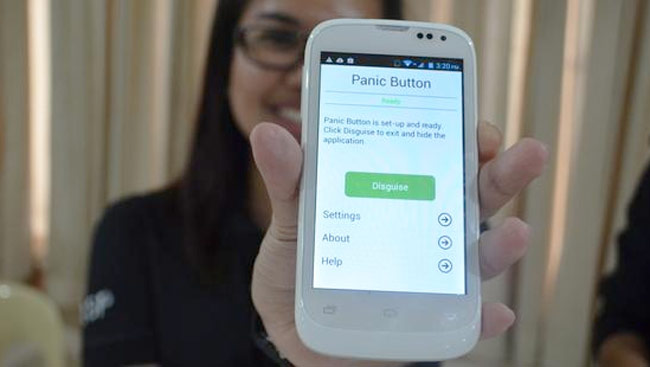What if a solar cell could keep itself cool even in the blistering heat of the sun?
By adding a specially patterned layer of silica glass to the surface of ordinary solar cells, a team of researchers has found a way to let solar cells cool themselves by shedding unwanted thermal radiation.
This paves the way for developing high-efficiency, long-lasting solar cells.
For every one-degree Celsius increase in temperature, the efficiency of a solar cell declines by about half a percent.
"That decline is very significant. The solar cell industry invests significant amounts of capital to generate improvements in efficiency," informed Aaswath Raman, a postdoctoral scholar at Stanford University.
Under normal operating conditions, solar cells can easily reach temperatures of 55 degrees Celsius or more.
Actively cooling solar cells by ventilation or coolants would be prohibitively expensive and at odds with the need to optimize exposure to the sun.
The newly-proposed design embeds tiny pyramid- and cone-shaped structures on an incredibly thin layer of silica glass.
With this, researchers found a way of redirecting unwanted heat - in the form of infrared radiation - from the surface of solar cells through the atmosphere and back into space.
"Our new approach can lower the operating temperature of solar cells passively, improving energy conversion efficiency significantly and increasing the life expectancy of solar cells," explained Linxiao Zhu, a physicist at Stanford University.
"These two benefits should enable the continued success and adoption of solar cell technology," added Shanhui Fan, an electrical engineering professor at Stanford.
Silica is transparent to visible light, but it is also possible to fine-tune how it bends and refracts light of specific wavelengths.
"A carefully designed layer of silica glass would not degrade the performance of the solar cell, but it would enhance radiation at the predetermined thermal wavelengths to send the solar cell's heat away more effectively," Fan concluded.
The research was published in the journal Optica.





